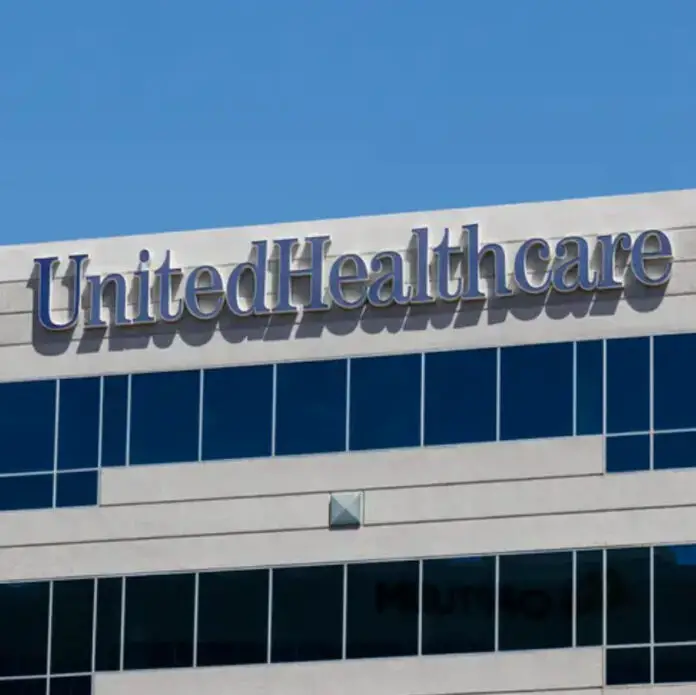UnitedHealthcare’s CEO, Brian Thompson, 50, had expressed concerns to fellow executives regarding the company’s declining public image months ahead of his murder on December 4, 2024 in midtown Manhattan, New York City.
An anonymous source confided to The Washington Post that Thompson recognized public displeasure with the perceived actions of the company. “He was actively articulating a vision that helped better educate and help people understand what the company is doing,” said the insider.
In early 2024, Thompson initiated internal discussions emphasizing that the average American was unaware of UnitedHealthcare’s function within the national healthcare system. He encouraged executives to highlight the company’s efforts toward eradicating out-of-pocket costs for vital medications.
During this period, UnitedHealthcare and its parent company, UnitedHealth Group, were grappling with a Department of Justice probe and insider trading allegations against Thompson. The company was also dealing with public ire over claims it had amassed billions by denying healthcare to sick and older patients.
Thompson’s murder in Manhattan was allegedly instigated by this public anger. The accused shooter, Luigi Mangione, 26, was purportedly driven by this outrage to shoot Thompson at close range outside a Manhattan hotel. He was subsequently arrested in a McDonald’s in Altoona, Pennsylvania, after employees and customers identified him from surveillance video.
At the time of his arrest, Mangione had a 3D-printed pistol and a black silencer, loaded with a Glock magazine containing six 9mm full-metal jacket bullets. The ammunition was matched by the police to the bullets used in Thompson’s murder, marked “depose,” “deny,” and “defend.”
UnitedHealth Group CEO Andrew Witty penned in an op-ed, “Together with employers, governments, and others who pay for care, we need to improve how we explain what insurance covers and how decisions are made.” He added, “Behind each decision lies a comprehensive and continually updated body of clinical evidence focused on achieving the best health outcomes and ensuring patient safety.”
A spokesperson for the company maintained that UnitedHealthcare pays approximately 90 percent of medical claims when first submitted, with a mere 0.5 percent of rejections due to medical or clinical factors.
Now, the company is under increased scrutiny as internal documents revealed plans to restrict coverage for applied behavior analysis therapy for children with autism spectrum disorder. The papers indicate that Optum, the entity managing mental health benefits for United, plans to “prevent new providers from joining the network” and “terminate” existing ones despite recognizing a nationwide shortage of covered therapists.
Optum is also conducting extensive and lengthy clinical reviews to assess the medical necessity of patients’ therapy, which could potentially result in denial of coverage.

